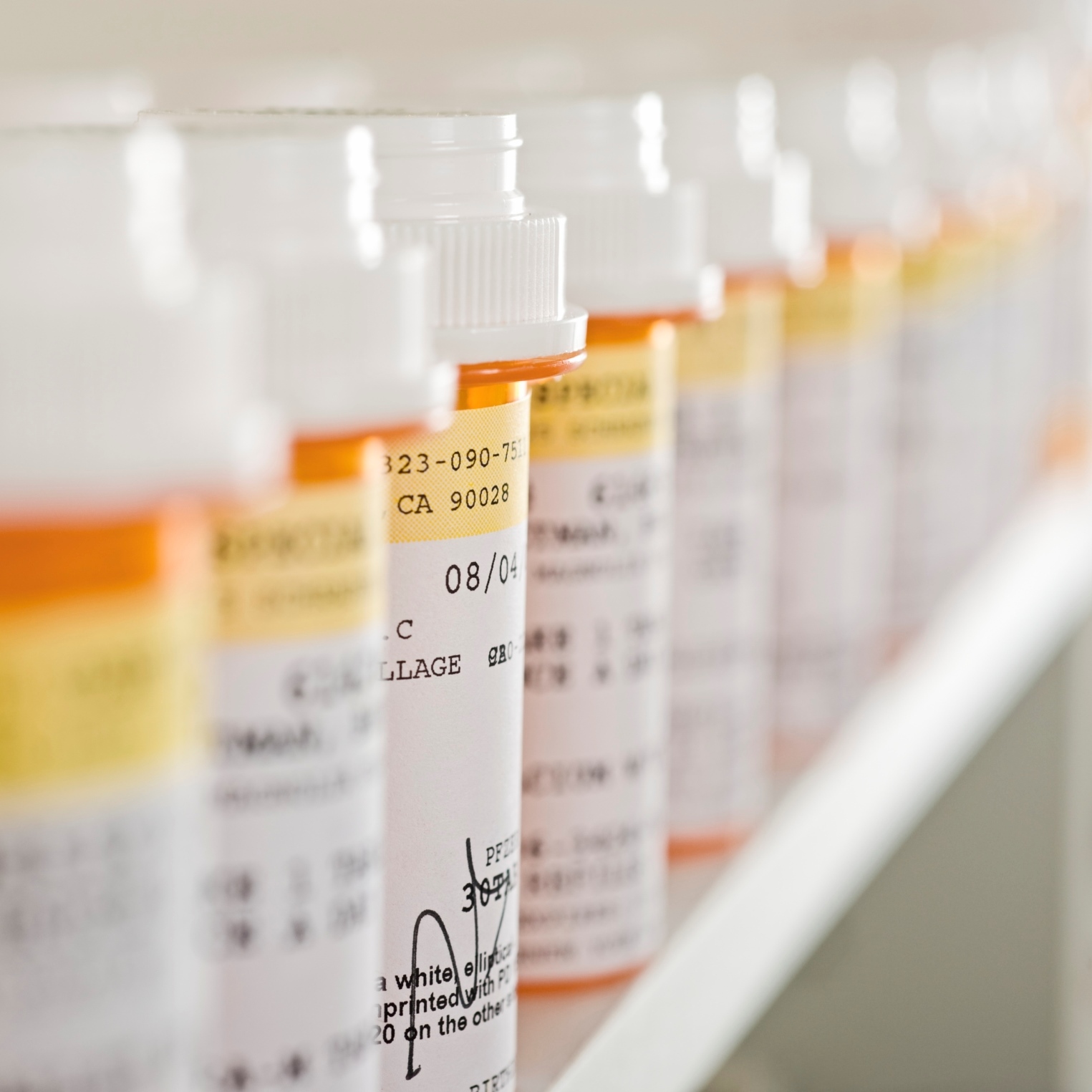Health and Healthcare
Short Sellers Get Selective on Major Pharma

Published:
Last Updated:

The short interest data have been released for the July 15 settlement date. Pharmaceutical companies usually are involved in a lengthy process in getting their drug candidates to market through clinical trials. There is a fair amount of risk involved, should a study come back negative or a candidate not be approved. Conversely, if a drug is approved or passes a clinical trial, there can be big upside.
Drug prices may be under pressure due to the campaign trail and under scrutiny, but if generic drugs are going to keep increasing in market share of existing drugs then there would seem to be a reason for owning major pharmaceuticals.
The July 15 short interest data have been compared with the previous figures, and for the selected pharmaceutical stocks, short interest was mixed.
A reminder: short sellers betting against big pharma are taking on an added risk. They have to pay out the ongoing high dividends on top of the cost of borrowing the shares.
Pfizer Inc. (NYSE: PFE) saw its short interest decrease to 47.67 million shares from the previous 50.67 million. Shares of Pfizer closed Tuesday at $36.83, within a 52-week trading range of $28.25 to $37.19.
Merck & Co. Inc. (NYSE: MRK) had a rise in short interest to 32.06 million shares from 30.33 million in the previous period. Its shares closed Tuesday at $58.36, in a 52-week range of $45.69 to $60.07.
Teva Pharmaceutical Industries Ltd. (NYSE: TEVA) short interest increased to 22.34 million shares. The previous level was 19.97 million. Shares closed Tuesday at $54.31, in a 52-week range of $48.01 to $71.78.
Bristol-Myers Squibb Co. (NYSE: BMY) saw its short interest increase to 17.42 million shares from the previous reading of 16.02 million. Shares closed Tuesday at $75.06, within a 52-week range of $51.82 to $77.12.
AbbVie Inc. (NYSE: ABBV) short interest fell to 60.57 million shares, compared to the previous 71.16 million. Shares of AbbVie closed Tuesday at $64.45, in a 52-week trading range of $45.45 to $71.51.
Credit card companies are pulling out all the stops, with the issuers are offering insane travel rewards and perks.
We’re talking huge sign-up bonuses, points on every purchase, and benefits like lounge access, travel credits, and free hotel nights. For travelers, these rewards can add up to thousands of dollars in flights, upgrades, and luxury experiences every year.
It’s like getting paid to travel — and it’s available to qualified borrowers who know where to look.
We’ve rounded up some of the best travel credit cards on the market. Click here to see the list. Don’t miss these offers — they won’t be this good forever.
Thank you for reading! Have some feedback for us?
Contact the 24/7 Wall St. editorial team.